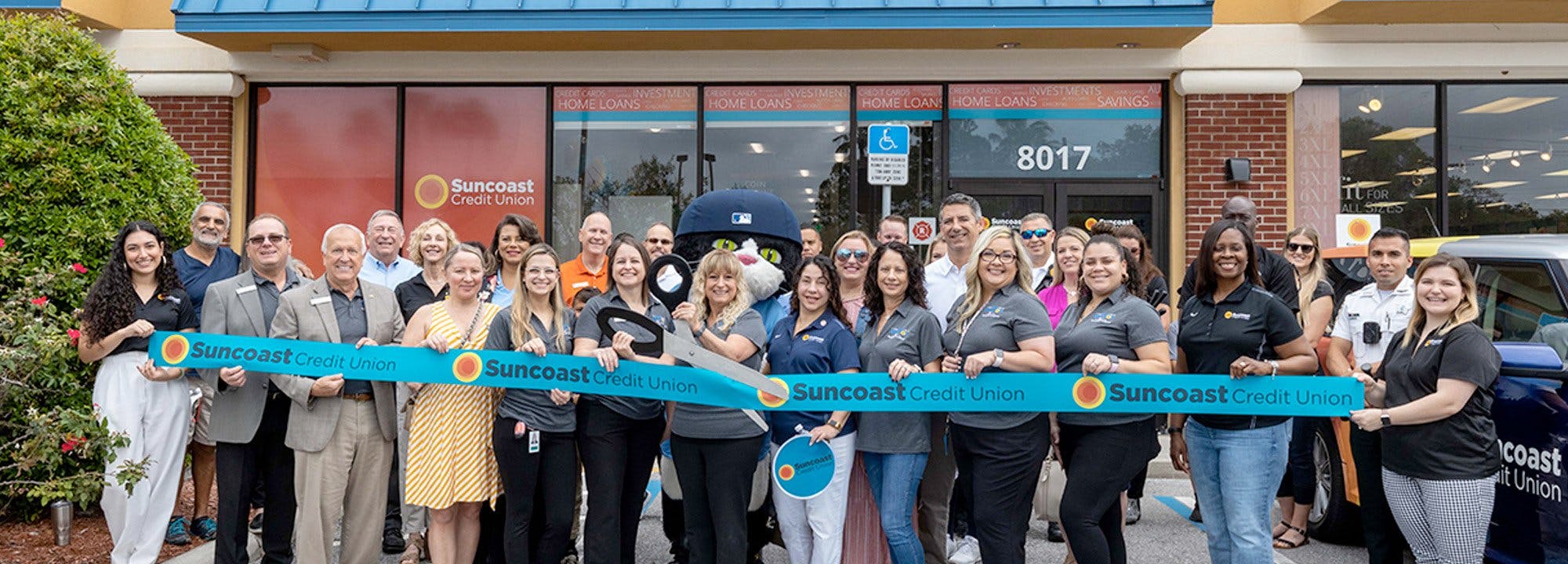Budget and Save
Money Management Tips for COVID-19 Recovery
June 16, 2020

Coronavirus (COVID-19) has changed many elements of our everyday lives. Money management is one of the most important areas that has been impacted.
Even with recovery efforts in place, some people are still facing challenges like furloughs and temporary unemployment. Others may be spending more while at home because they’re no longer sticking to their usual routine.
Money management is crucial. These tips can help you remain mindful of spending and develop a plan to help you get through this time.
Build Emergency Savings
An emergency savings plan is designed to help you get through any unplanned event or emergency situation. If you have emergency savings, this is a good time to continue to build as much as you are able. If you don’t have one, now is the time to start.
Even if you can’t put away much yet, anything helps. Here are some ideas for starting or building upon your emergency savings:
- Add tax refunds, monetary bonuses, gifts from birthdays or weddings and other events into emergency savings
- If you have paychecks coming in, automate a portion to go straight into savings
- Use any money that you are saving while staying in for social distancing (like money you would spend on vacation or entertainment) and put it toward emergency savings
- Put funds you receive from services that are on-hold or providing discounts (like car insurance refunds or childcare costs that you aren’t currently spending) and put them toward emergency savings
If possible, it’s good to have an emergency savings fund that can cover your expenses for 3-6 months. If that isn’t possible right now, start saving what is feasible and work toward that goal when you are able.
Prepare Without Panic
One of the lessons that came from dealing with the spread of COVID-19 is the importance of preparation without panic. This is something that can be applied to any future emergency situation, whether it is another health-related crisis or a weather event like a hurricane.
You need to have essential items like food and medicine. But when an emergency takes place, figure out what you truly need and how much of it is needed. It may be tempting to buy large quantities of items to stock up or purchase “just in case” items that you don’t typically buy.
Take a moment to make a plan before shopping so you can prioritize and keep focus on buying what you need. Focus on staying within your budget so you can get what you need without overspending.
Since we never know when a crisis may occur, it is best to try to work on staying prepared all year long. Keeping your basic essentials in stock at all times can help you prevent panic shopping if another emergency occurs.
Monitor Spending on Nonessential Items
During an emergency or even after during the recovery phase, you might be more emotionally spent than usual. Remember that your needs are the top priority at this time.
You may want to do some stress shopping, but that won’t help your finances in the long run. You can have fun without spending a lot of money on new items that you don’t need.
Unnecessary items can wait. Before making a purchase, stop and consider if it makes sense with your needs and your budget.
Keep an Eye on Your Credit Score
Some people may need short-term loans to help you get through the difficult period. Your credit score is considered when you apply for loans. So it is important to monitor your credit score.
Checking your score regularly can help you stay informed. Also make sure that you pay your bills on time, as late or missing payments can cause your score to go down.
If you are experiencing financial hardship, find out if your financial institution offers free financial counseling or similar resources. This can help you develop a plan and get the help you need to get through difficult financial times.
Remember that things will get better. Get the help you need to manage your money during this time.
Category
Budget and Save
Tags
Find a Branch or ATM
We’re local, serving multiple counties in Florida


